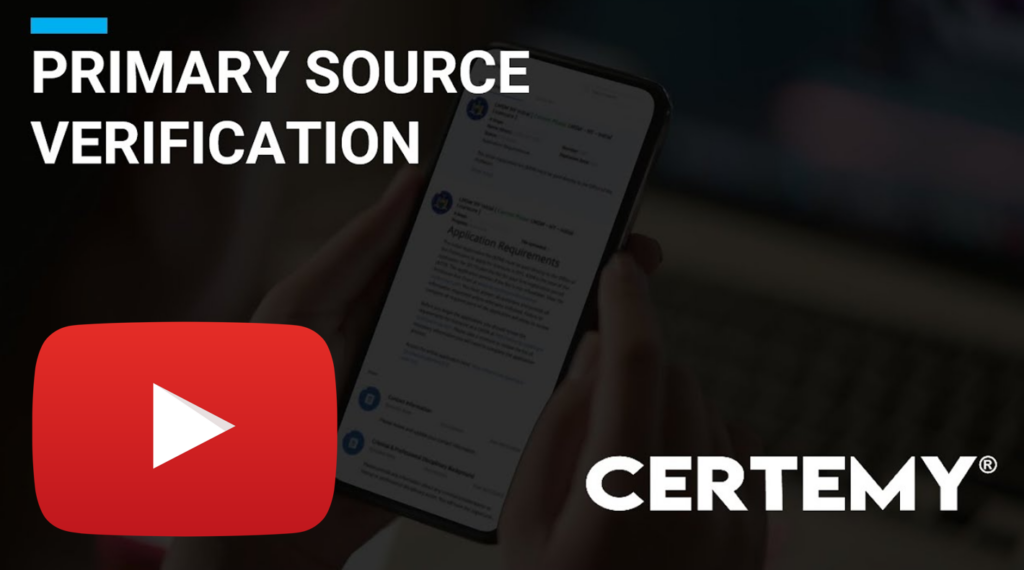
License Verification Tool | ECC – Emergency Cardiovascular Care
Organizations strive to ensure that all employees have the necessary training, education, or certifications to operate in their field or role. Professional licenses and certifications are often necessary for a job or occupation, and the responsibility of verifying that each employee holds the appropriate license or certification lies with the employer. License verification is a way in which employers can promote safe practices and proper training, both of which are essential factors for having a successful business.
In this article, we will discuss the process of verifying professional licenses, including why It is important and how organizations can use technologies like Certemy to quickly and effectively verify their employees’ credentials. We will also cover best practices for managing license verification and steps employers can take to ensure their employees remain compliant.What is Professional License Verification?Professional license verification is a process of validating that an individual has the qualifications and certifications necessary for a certain type of work. It requires organizations to check that an employee holds an up-to-date professional license or certification. It can also include checking that individuals have the required skills or experience to carry out their role.Verifying professional licenses is important for employers to ensure that they are hiring qualified individuals who understand the requirements and regulations of the job. In addition, license verification enables employers to protect their reputation by avoiding potential lawsuits caused by hiring unqualified personnel.Why is Professional License Verification Important?Employers have a responsibility to identify, hire, and maintain qualified personnel to ensure they are meeting safety standards, complying with government regulations, and avoiding lawsuits. Professional license verification is an important step in the vetting process for new hires, as it allows employers to ensure the individual they are considering has the necessary skills and qualifications for the position.In addition, verifying a license can also provide employers with information about the individual?s background and any potential conflicts of interest. It can also provide employers with information about any sanctions, disciplinary actions, or expired licenses. All of this information helps employers make more informed decisions when it comes to their hiring process. How can Employers Leverage Technology for Professional License Verification?There are a variety of ways that employers can utilize technology to quickly and effectively verify professional licenses. A popular tool used by organizations is Certemy, an automated primary source license verification system. This system can validate occupational licenses and certifications across the companies employees to ensure they are active, appropriately renewed, and free of sanctions or other disciplinary actions. Certemy enables employers to have complete visibility and control of their workforce compliance program by tracking and managing all licenses and certifications. This ensures employers are complying with industry regulations and staying ahead of potential risks. With this tool, organizations can also automate their license application processes for improved productivity and better visibility.Best Practices for Professional License VerificationOrganizations should establish a consistent process for verifying professional licenses for all employees. This should include both new hires and existing employees. Employers should strive to create processes that are efficient and cost-effective in order to ensure they remain compliant.It is also important to note that proper license verification requires primary source verification. This requires employers to not only verify the license, but to also check that the certificate or license has not expired or been suspended. Additionally, organizations should evaluate their license validation processes on a regular basis in order to ensure that all proper forms are up-to-date and procedures are being followed. Regular monitoring of license validity can help employers maintain compliant and safe operations.Concluding conceptsProfessional license verification is an important part of any employer?s tracking and vetting process. Leveraging technology can help organizations improve their processes for verifying licenses and promote and maintain safe practices. Organizations should strive to establish processes that prevent potential lawsuits, keep their employees compliant, and maintain their reputation.Topics:

